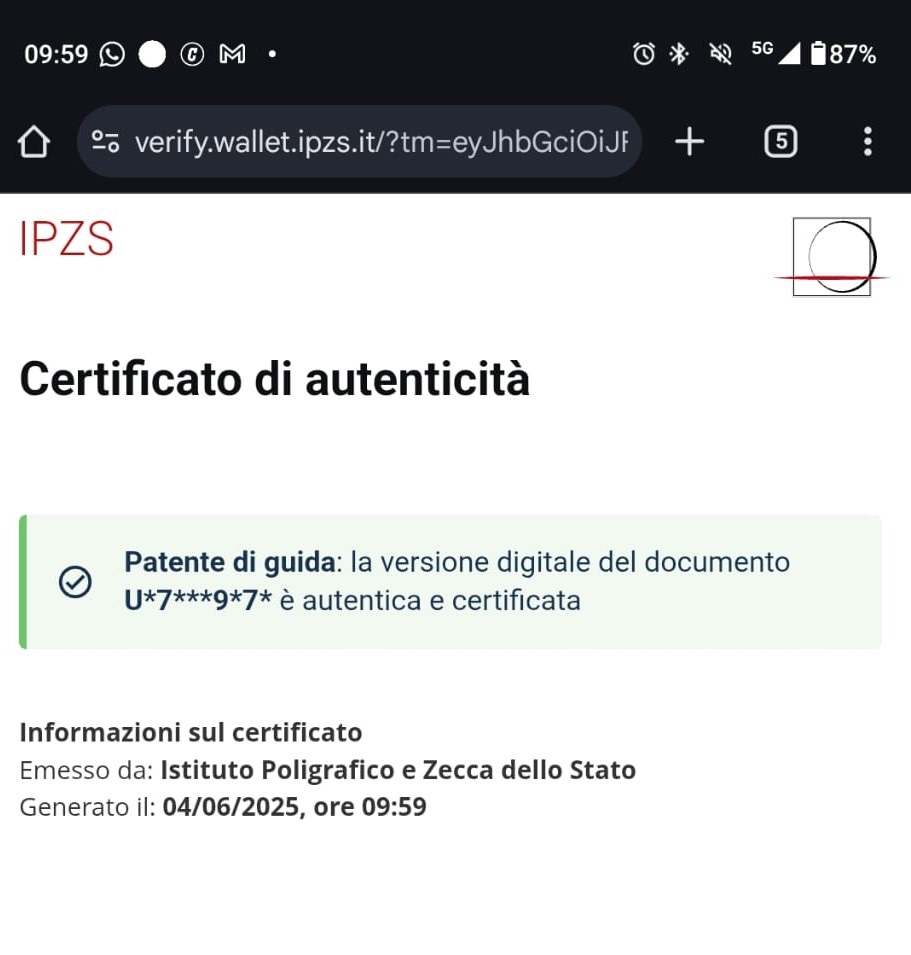Risto collects thousands of bottles a year – the taxpayer’s position surprises him

Bottle|Risto has collected and restored bottles for decades. The tax expert tells me when the bottle money money is taxable income.
The abstract is made by artificial intelligence and checked by man.
Risto, a 67-year-old pensioner, collects and returns 4,000-5,000 bottles each year, receiving $ 500-800 in deposit money.
According to the tax administration, the deposits of other bottles purchased by other bottles are taxable income, which comes as a surprise to Risto.
Risto considers the collection of bottles important to keep the environment clean.
If All the bottles and cans collected by Risto, 67, would be put together, would result in quite a bit of Keko.
Risto can be described as a super returned as he collects and returns 4,000-5,000 bottles during the year, making pledge money between € 500 and $ 800. The hobby has survived for decades in his life.
By comparison, last year, on average, each Finn returned about 420 drinks packages via the Finnish Palpan (Palpan) system, Palpa previously announced.
This means an average of EUR 64 per Finn in deposit money. Risto thus accumulates pledge many times over the average Finn.
HS reported on Wednesday last week that Finns returned last year record bottles. HS, through the survey, searched for an enthusiastic bottle returnee for interview. Risto was one of the respondents.
One thing surprises Risto completely during the interview: the collection of the bottles collected is taxable income.
« Crazy, » Risto comments. He only appears in the story with his first name because he has never checked whether the deposit money affects his taxation.
This way However, it is. If you have purchased a bottle or can you returned yourself, you do not have to pay tax on the pledge, the tax administration’s leading tax expert Nikke Jokitie tells you. If, on the other hand, the bottles bought by someone else, the pledge money is taxable income.
Therefore, the deposit money from the collected bottles must therefore be added together with other earnings to determine the tax rate.
Finnish The idea of the tax system is that all income is taxable, unless otherwise provided, Jokitie explains. Bottle sticks are not listed as exceptions.
Risto is a pensioner who receives a pension of around € 4,000 per month. The Jokitie says that during the interview, it is unable to calculate whether the deposit would affect his taxation. Everyone can check their situation on the counter on the Tax Administration’s website.
According to the riveritop, the bottle money « every now and then » is reflected in pre -filled tax returns. He does not want to open up publicly how the Tax Administration monitors the taxation of the deposits.
« It is said that this is not our focus, » he says.
Risto It is stupid that the deposit money in the collected bottles is taxable income.
For him, it would be important for someone to take the bottles away from littering nature. When he first collected bottles at the age of 13, he drove him, according to his own words, entrepreneurial spirit.
Now Risto is motivated to keep the environment clean. He says he is « eco -man » and « scrap trader ».
While collecting bottles, he says he has encountered many unknown people and had interesting discussions with them. That too brings to the hobby of « good feeling ».
With pledge Risto has bought different things in his life. As a young man, the money went to ice cream and candy, a little older to liquor and tobacco.
In recent years, he may have gone to Helsinki to « spend a nice game night » with his deposit money to Helsinki.
« The casino is just bad for usually losing his money, » he laughs.
« I prefer to use them for Eurojackpot. »
His dream is to be Finland’s first millionaire enriched with bottle money.







:format(webp)/s3/static.nrc.nl/wp-content/uploads/2025/06/05163439/data133217982-f902a2.jpg)